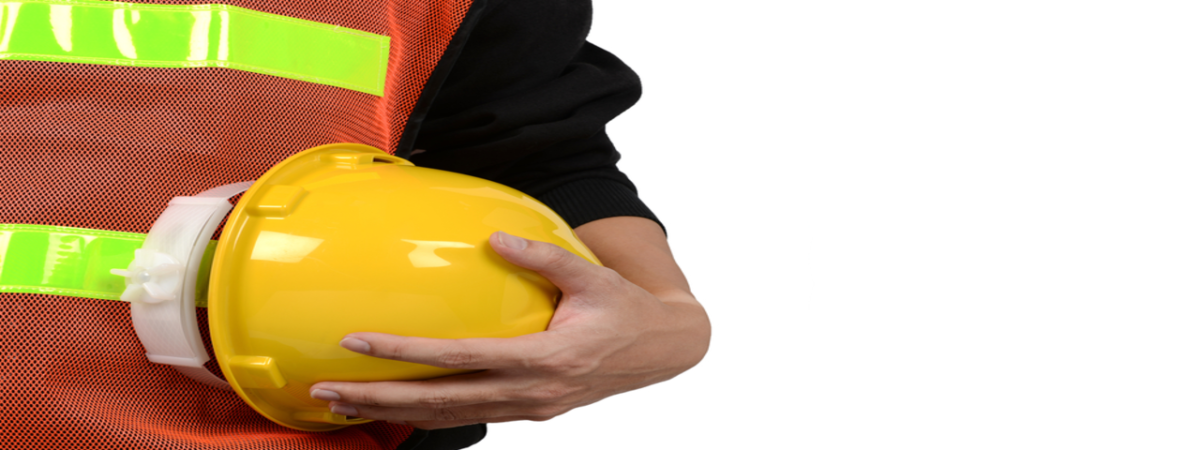Is the government’s “traffic light system” turning into a macroeconomic policy tool?
SUGGESTED



With international travel severely supressed by Covid restrictions, current sums will look very different. Inbound tourism to the UK has virtually disappeared whilst for UK residents, faced with a green list of countries which includes little more than a few (distant and often barren) Overseas Territories, spending overseas will have been next to nothing by comparison with ‘normal times’. The bottom line is that ceteris paribus, well over £20bn of potential spending power has been added to the UK economy as a result of travel restrictions, and much of it will be burning a hole in consumers’ pockets.
That raises the intriguing possibility that the government’s perplexing, muddled rules and constraints on overseas travel in 2021 turns out to be another macro-economic instrument for controlling fluctuations in economic activity. Unwittingly or otherwise, constraints on overseas travel have had the effect of pumping a great deal of what in a normal year would have been spent abroad into the UK economy. As a measure of how £20bn of consumer spending stacks up, it is roughly equivalent to what motorists would normally pay the Chancellor annually in fuel duty.
So how might consumers have spent this money? Evidence points to a boom in holidaying in the UK, with hotel and rental accommodation now fully booked through the rest of the summer. The boost to the domestic economy brought about by the travel ban is not to be sneezed at, particularly at a time when the impact of Covid on the domestic hospitality industry was most uncertain. (Although consumer surplus must have dropped drastically, as you no longer get to enjoy that sunny weather, those cultural experiences, or whatever it is that you would otherwise have sought abroad.)
Sneezes are often a prelude to a cold and in this instance a new economic virus looming is price inflation. The latest news is that CPI rose in May by 2.1 percent pushing the index of price rises above the Bank of England’s 2 per cent target. It so happens that hotels, restaurants, recreation and cultural activities command a combined weighting in the CPI of more than 25 per cent and an element of this group, meals and drinks consumed out, was particularly noted by the authorities for the upward pressure it brought to the May Index.
To reduce the risks of increasing price inflation still further, for obvious reasons the authorities will be most reluctant to increase interest rates, or even to hike taxes, at least those that are too conspicuous. But what they could do is to divert some spending power off-shore to reduce demand within the national economy. Perhaps we should expect and not be at all surprised if quite soon, the government decides that the science of the coronavirus has persuaded them that restrictions on overseas travel can, after all, be relaxed. And in the future, should the need arise to boost the domestic economy, well, there are always new strains of the virus to discover.




